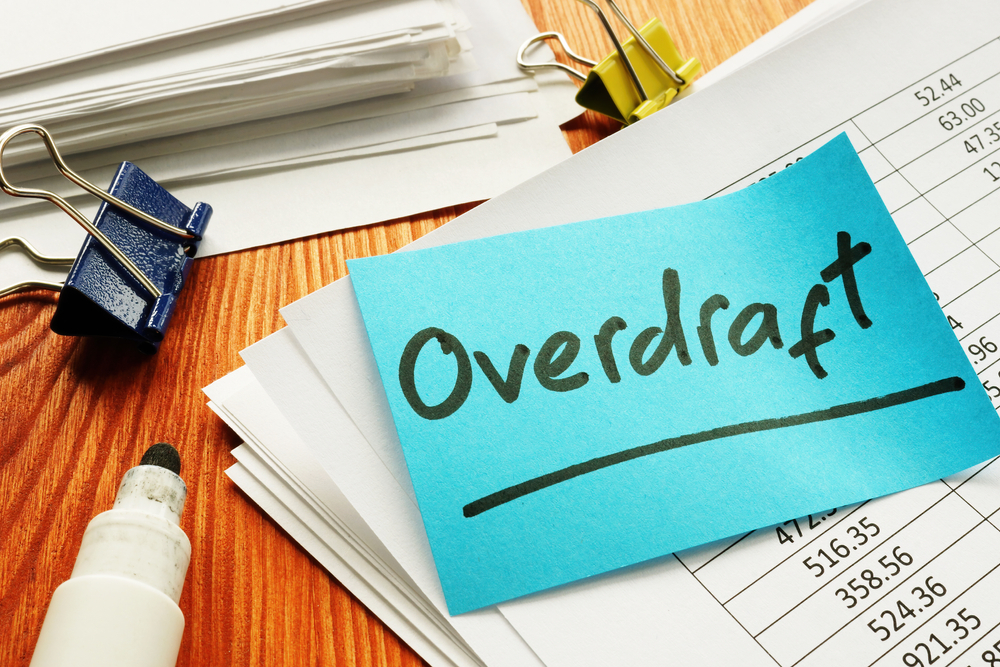Credit Cards & Loans
One in three struggling to pay bills and debts

Guest Author:
Emma LunnThe number of people finding it hard to keep up with bills and credit commitments has doubled since the start of the pandemic, according to StepChange.
The debt charity has found the proportion of people struggling is now nearly one in three (30%) UK adults – 15 million people – compared to 15% (7.5m people) who say they were struggling in March 2020.
The findings are part of a new report – Falling behind to keep up: the credit safety net and problem debt – which reveals the pandemic has further entrenched the use of consumer credit to make ends meet. The report found 8.6 million people in financial difficulty in the UK have borrowed £26bn to cover their basic needs in the past year. This includes 3.5 million people who have used credit to pay essential bills.
StepChange says the number of people resorting to credit is expected to increase as the cost-of-living crisis pushes up the price of basic household essentials.
The charity’s research reveals a credit market that does not always work for people in financial difficulty, with two-thirds (65%) of those in difficulty having kept up with credit repayments by missing bills, borrowing from family and friends, or being forced to cut back to the point of hardship.
Despite rules designed to ensure those in financial difficulty access support, fewer than one in four of those struggling with credit repayments are in contact with their bank or credit firm.

Wellness and wellbeing holidays: Travel insurance is essential for your peace of mind
Out of the pandemic lockdowns, there’s a greater emphasis on wellbeing and wellness, with
Sponsored by Post Office
Half (53%) of UK adults said that they would be reluctant to seek help with financial difficulty from a bank or credit firm due to concerns about credit reporting and the anxiety and stigma of talking about financial difficulty.
The report finds that rather than access help, people struggling with debt can instead experience steps that make their situation worse. Among StepChange clients who responded to an online survey, 26% were offered further credit after they were in financial difficulty, 35% had a payment taken they could not afford, and 51% had interest added to a debt.
The lack of effective early intervention to identify and provide those in financial difficulty with a safe, fair way out of unaffordable debt is causing social harms, with 6.4 million struggling UK adults saying credit has had a negative impact on their health, relationships or ability to work in the past 12 months.
With the cost-of-living crisis now further squeezing budgets, StepChange is warning that many more people are likely to use credit to pay for essentials in the coming months. It says urgent action is needed to support households to meet essential costs without resorting to credit.
StepChange is also calling on the government and the FCA to do more to provide alternatives to borrowing for households that are struggling to meet unexpected expenses, through grants via the social security system and a government-supported no interest loan scheme.
Phil Andrew, StepChange chief executive, said: “The sharp rise in the number of people struggling to meet their financial commitments should raise alarm bells across government, banks and regulators. We are two years into a financially damaging pandemic and going through the sharpest cost of living increase in a generation. While consumer credit can potentially play some part in helping people navigate short-term pinch points, this must not be at the cost of their long-term financial and personal wellbeing.
“For our clients, a cost-of-living crisis is not new – for years we have been seeing a steady rise in the number of households who experience debt simply through a prolonged period of not having enough income to meet their basic needs. However, the number of such households looks set to grow, and in the absence of public policy intervention the risk is that such households will have no other option but to turn to borrowing in the short term, which will only exacerbate and prolong their financial difficulties.”